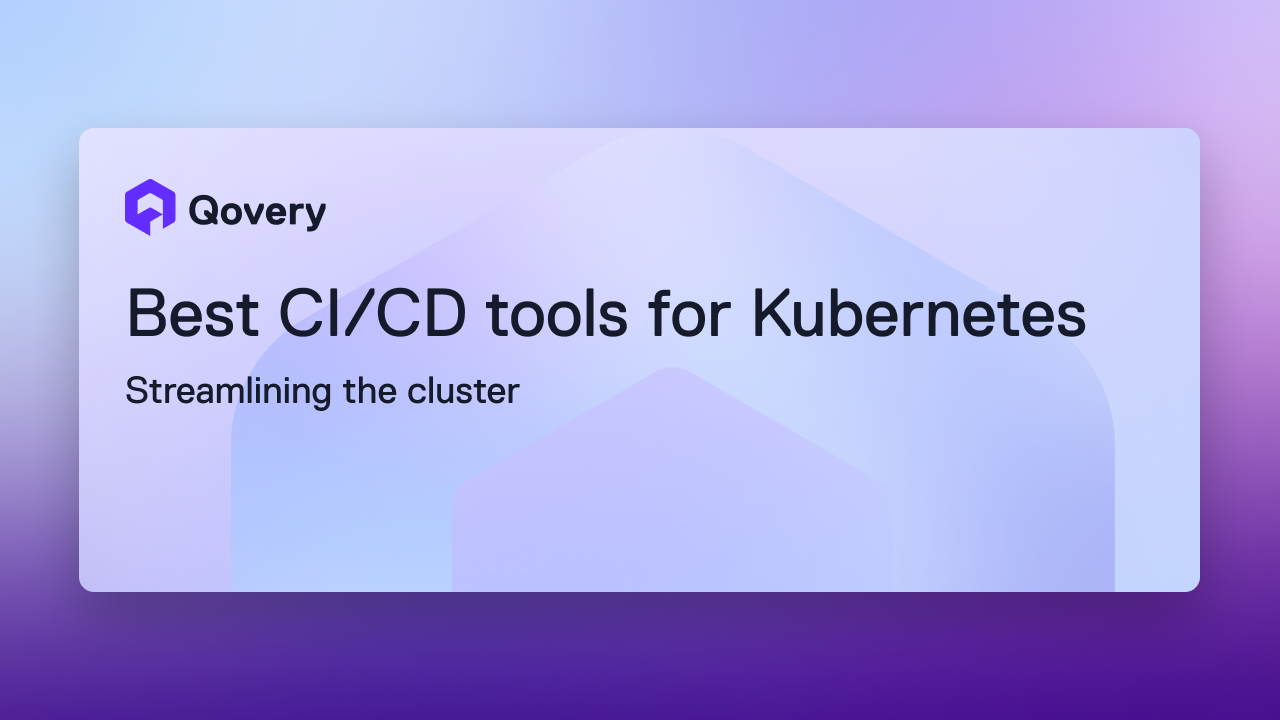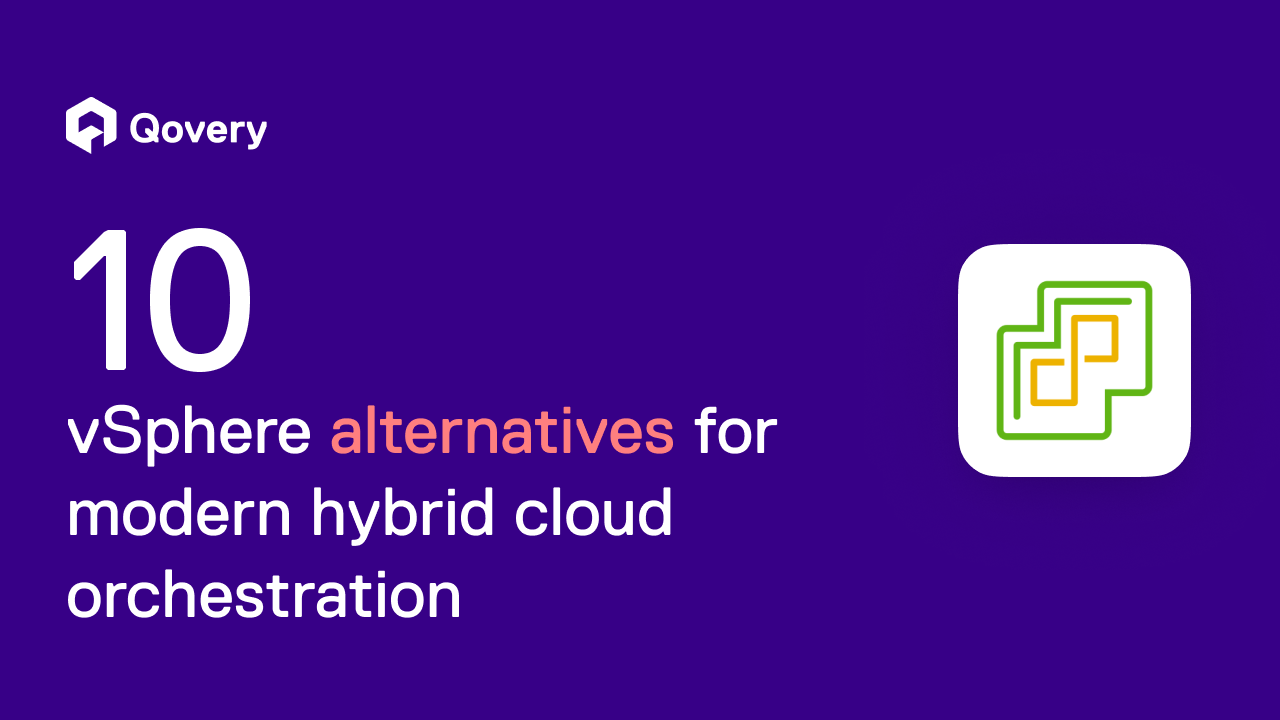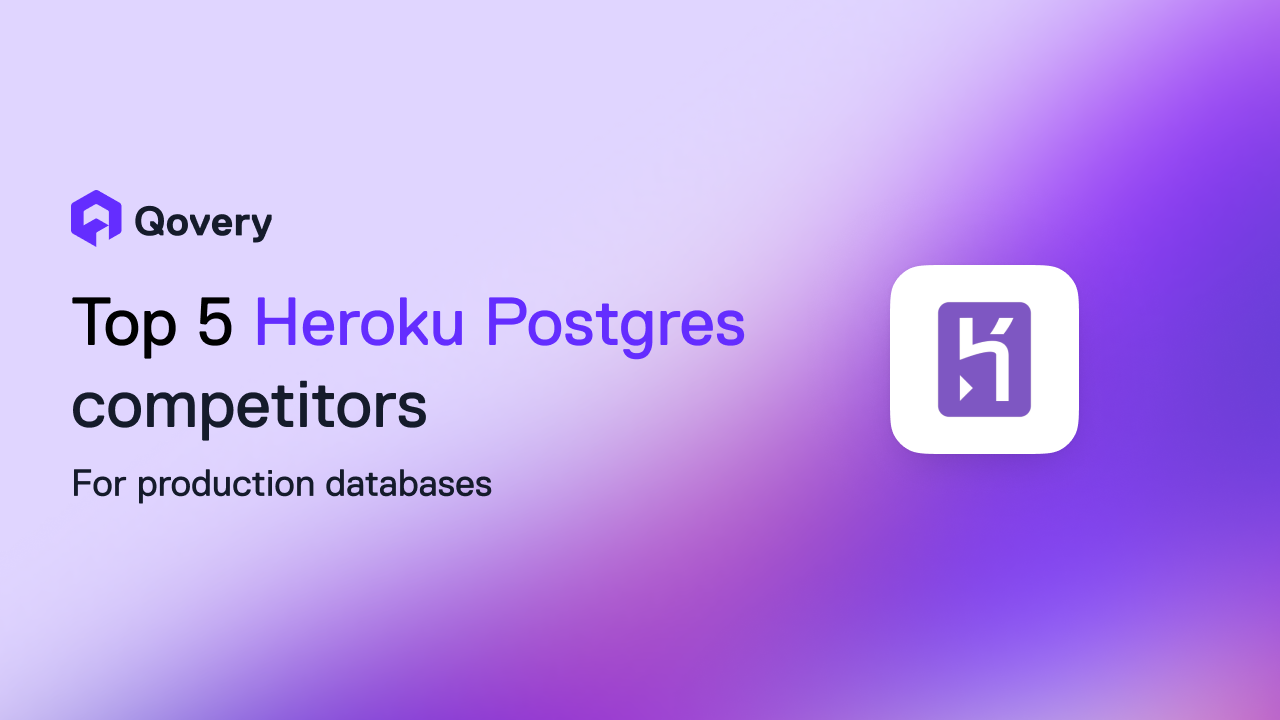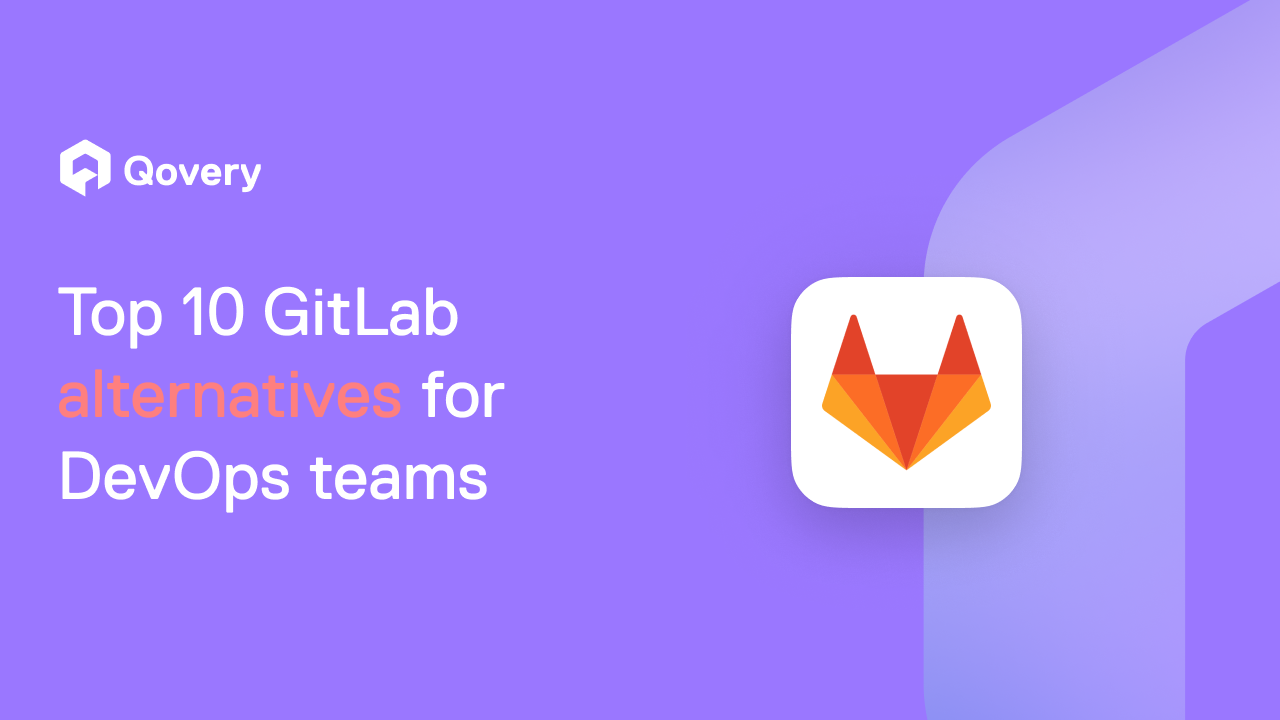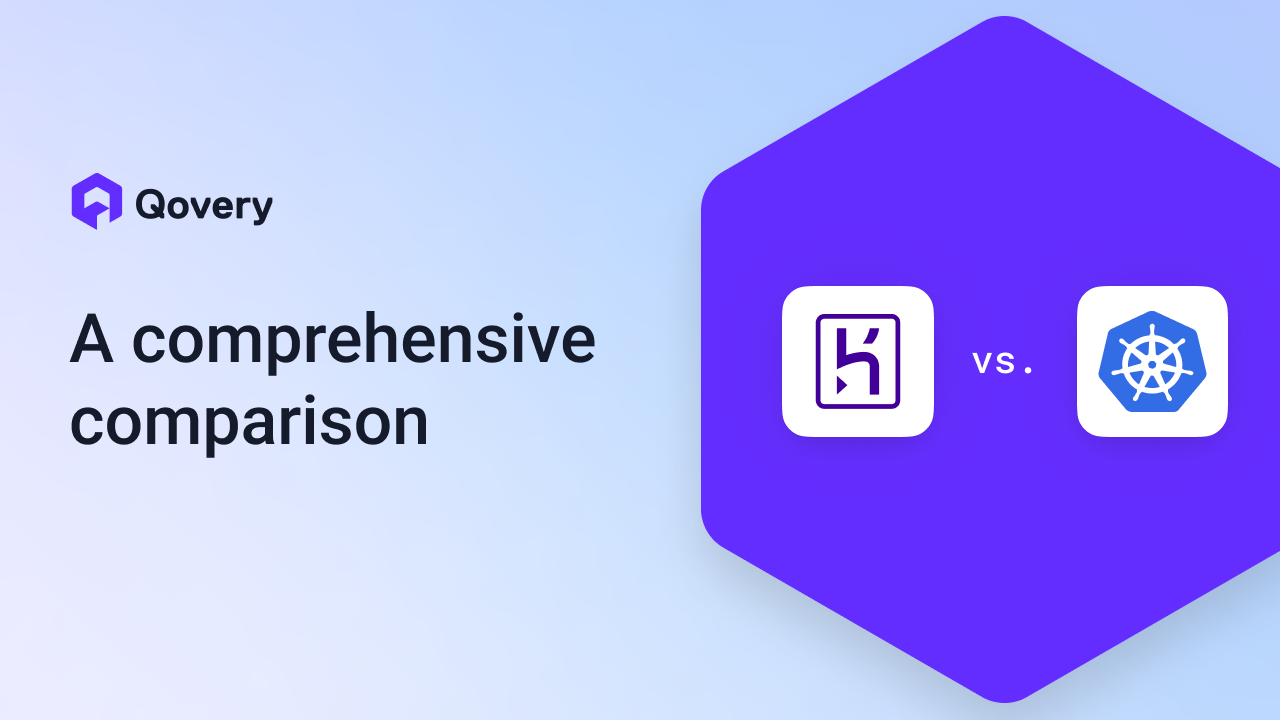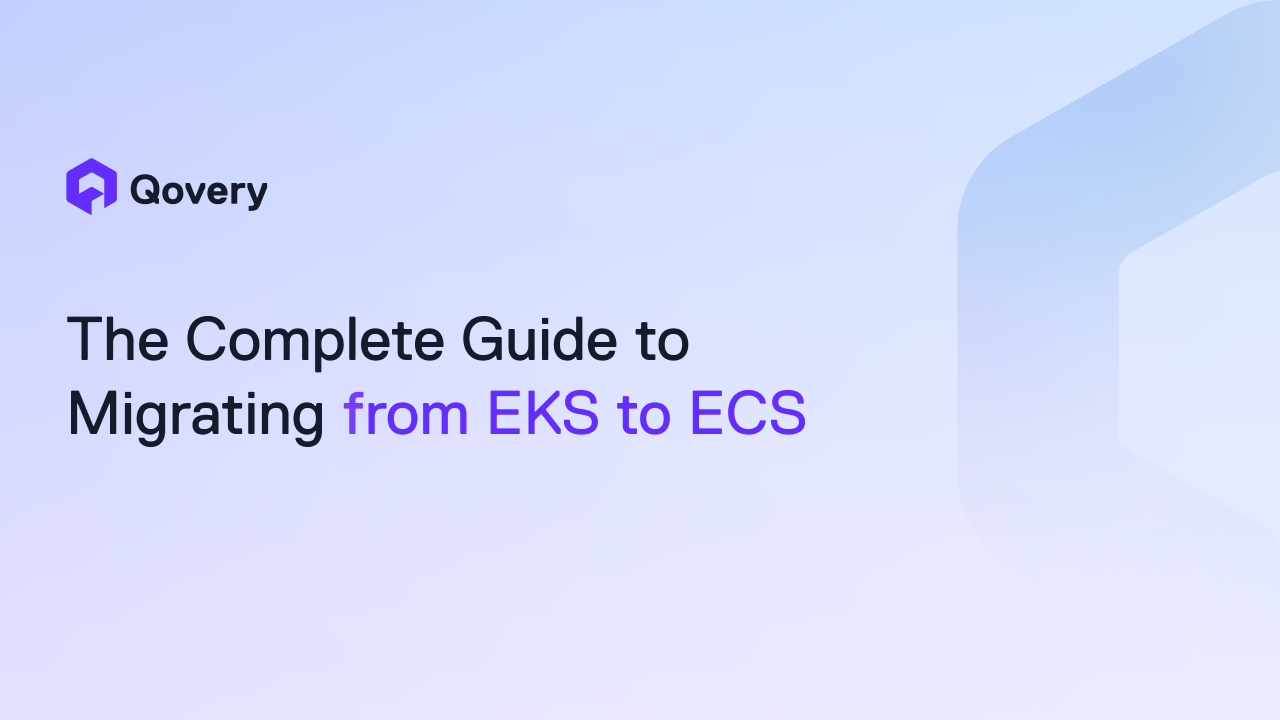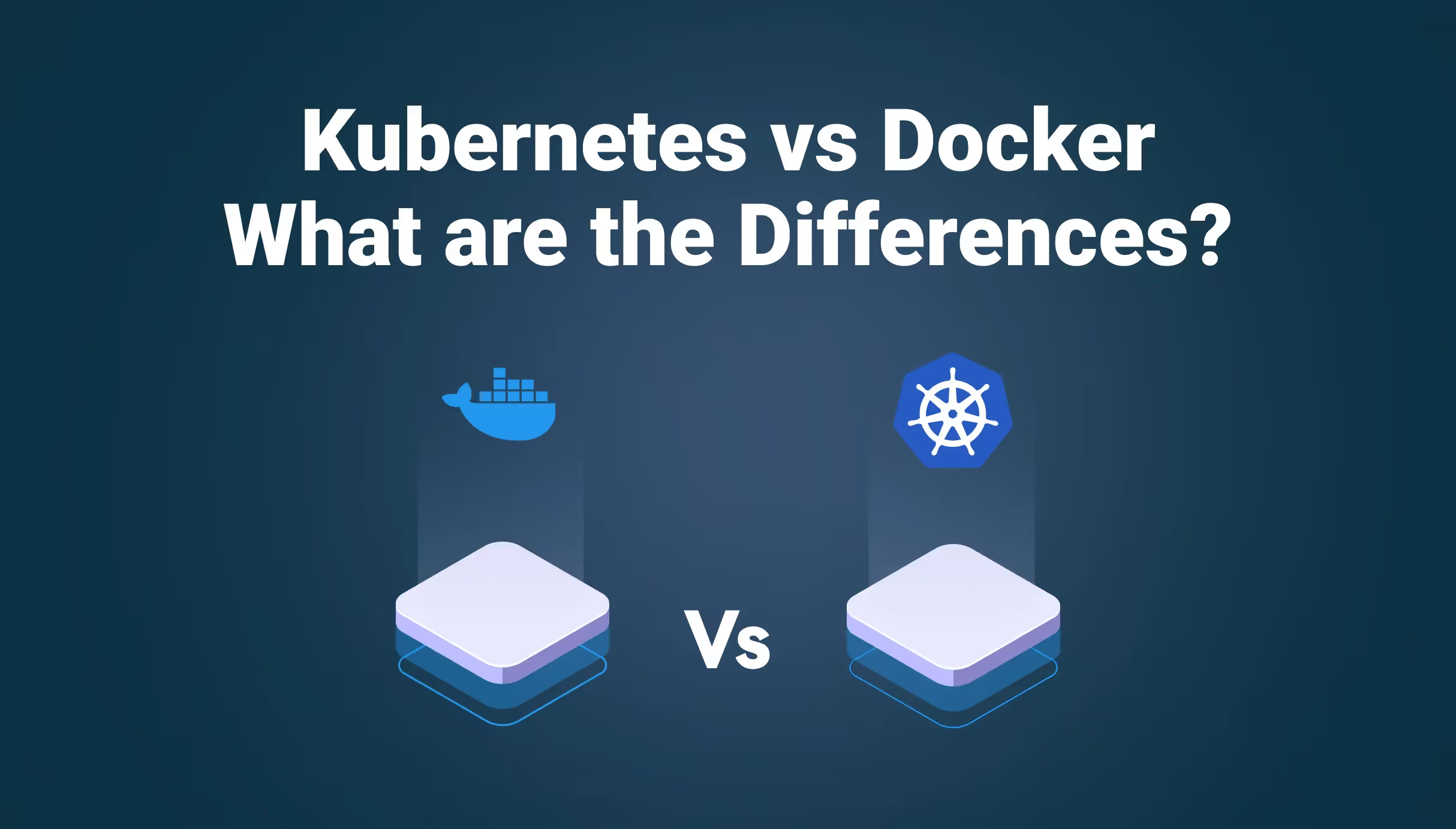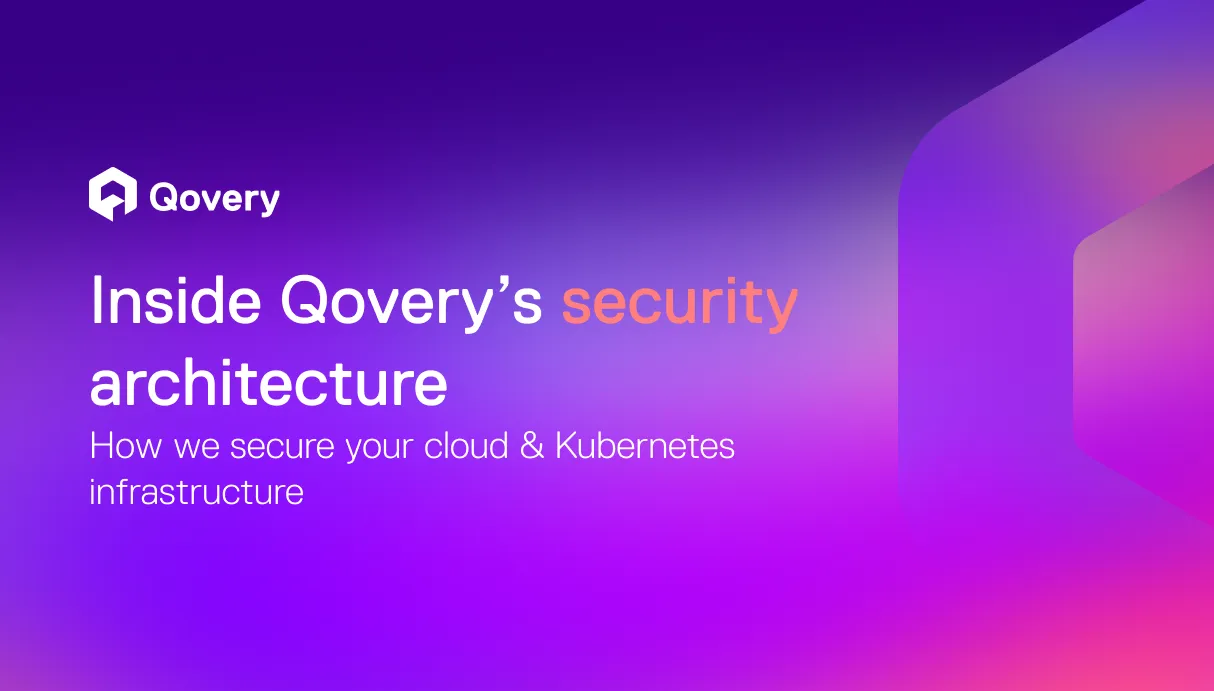
Heroku vs Elastic Beanstalk: What to choose?



Heroku

Heroku is a Platform-as-a-Service (PaaS) that allows developers to deploy and manage web applications easily. Heroku supports many programming languages, including Ruby, Node.js, Python, Java, and more. Here are some of the pros and cons of using Heroku:
Pros
- Easy Deployment: Heroku offers a simple and streamlined deployment process. Developers can deploy their applications with a few clicks or a Git repository. This makes it easy to start quickly and focus on building the application instead of worrying about infrastructure.
- Scalability: Heroku automatically scales the application based on traffic, ensuring that the application can handle spikes in traffic without manual intervention.
- Multi-language Support: Heroku supports many programming languages, making developing and deploying applications in multiple languages easy.
- Add-ons: Heroku offers many add-ons for databases, caching, monitoring, and more. This makes it easy to enhance the application without worrying about managing the infrastructure.
Cons
- Limited Customization: Heroku does not provide as many customization options as Elastic Beanstalk. This can be a limitation for applications that require specific configurations or settings.
- Vendor Lock-in: Heroku is a proprietary platform, meaning developers may be limited in switching to other platforms.
- Cost: Heroku's pricing can be higher than Elastic Beanstalk's, especially for larger applications.
- Limited Integration: Heroku is optimized for Heroku services and may not work well with non-Heroku services.
- Datacenter Locations: Heroku proposes fewer data center locations.
AWS Elastic Beanstalk

Elastic Beanstalk is a Platform-as-a-Service (PaaS) provided by AWS that allows developers to deploy, manage, and scale web applications easily. Elastic Beanstalk is part of the AWS suite of services and is optimized for use with other AWS services. Here are some of the pros and cons of using Elastic Beanstalk:
Pros
- Easy Deployment: Elastic Beanstalk automates the deployment process, making it easy to deploy applications without worrying about infrastructure management.
- Scalability: Elastic Beanstalk automatically scales resources based on application traffic, making it easy to handle spikes in traffic without manual intervention.
- Customizability: Elastic Beanstalk provides many customization options, allowing developers to tailor the environment to their needs.
- Integration with other services: Elastic Beanstalk integrates well with other services such as EC2, S3, RDS, and more, making it easy to build complex architectures.
- Cost-effective: Elastic Beanstalk's pricing is based on the resources used, making it cost-effective for smaller applications.
- Datacenter Locations: AWS has more than 30 data centers around the world
Cons
- Learning Curve: Elastic Beanstalk has a bit of a learning curve, especially for developers unfamiliar with AWS.
- Complexity: Elastic Beanstalk can be complex, especially when configuring advanced settings.
- Limited Support for non-AWS services: Elastic Beanstalk is optimized for AWS services and may not work well with non-AWS services.
Heroku + Elastic Beanstalk = Qovery?

If you're looking for an application deployment service that combines the simplicity of Heroku with the power of Elastic Beanstalk, then Qovery might be the solution you need. With Qovery, you can deploy your applications on your own AWS account with minimal setup time and zero maintenance required.
"Being a big fan of Heroku's simplicity, Qovery gives me a close experience while still allowing me to take advantage of AWS' services" - CTO of Traace
Qovery runs on top of EKS (Kubernetes), which provides a scalable and reliable infrastructure for your applications. This means that you don't have to worry about setting up and maintaining your own infrastructure and can instead focus on writing your code.
One of the best things about Qovery is its intuitive user interface, which makes deploying and managing your applications a breeze. You can connect your Git repository and let Qovery care for the rest. Qovery offers built-in support for any programming language since you can deploy containerized applications from a Dockerfile.
Whether you're a seasoned developer or just starting out, Qovery makes deploying your applications simple and hassle-free. With its automation and support for popular languages, you can focus on what matters most: writing great code. So, why not try Qovery and see how it can help streamline your application deployment process?
So what to choose?
Regarding deploying web applications, several options are available, including Heroku and Elastic Beanstalk. While both services have pros and cons, they offer different approaches to application deployment.
Heroku offers simplicity and ease of use, making it an attractive option for developers who want to get up and running quickly. On the other hand, Elastic Beanstalk provides more customization and integration with other AWS services.
However, a third option that should not be overlooked is Qovery. Qovery combines the best of both worlds by providing the simplicity of Heroku with the full power and customization of Elastic Beanstalk. With Qovery, developers can easily deploy applications on their own AWS account with minimal setup time and zero maintenance required.
In summary, the choice between Heroku, Elastic Beanstalk, and Qovery ultimately depends on your specific needs as a developer. If you're looking for simplicity and ease of use, Heroku may be the way. If you already use AWS services and want more customization, Elastic Beanstalk may be the better option. But for those looking for a solution that combines the best of both worlds, Qovery may be the perfect fit.

Suggested articles
.webp)



.svg)
.svg)
.svg)
